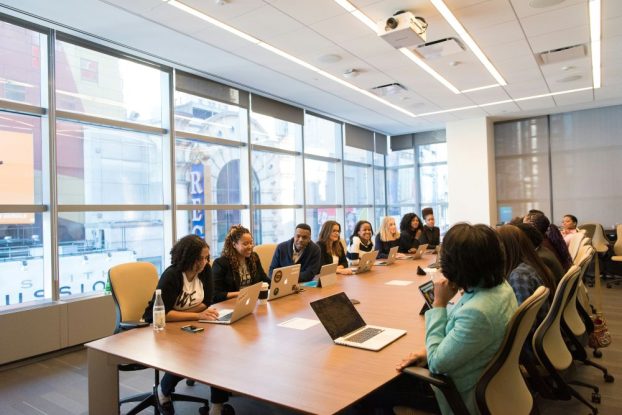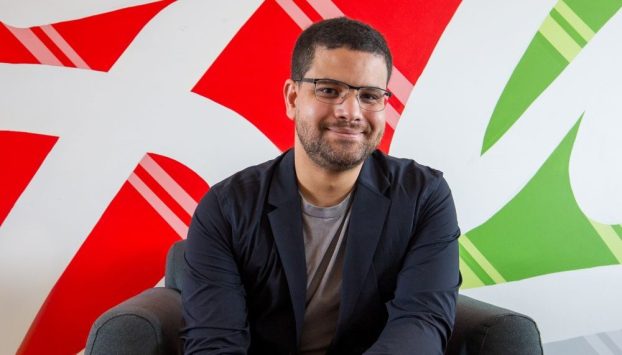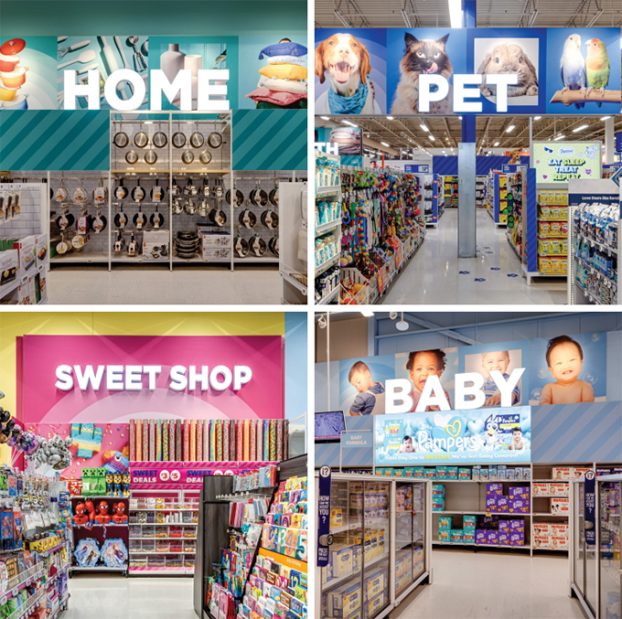Politics makes for strange bedfellows, so maybe it’s not such a surprise that for years now, the provincial government of Quebec has enjoyed business relations with the German region of Bavaria. In fact, former premier Bernard Landry has a close relationship with the president minister of the ‘lander,’ as Germany’s political regions are known.
In 2001, Bavarian officials went out of their way to host a team of businesspeople, technical entrepreneurs and cultural leaders at a series of events in Munich, Bavaria’s capital. It was only natural that Quebec would do the same during Bavaria Week in Quebec in May of this year.
All of this left Quebec City-based Hill & Knowlton/Ducharme Perron puzzling over ways to attract as many journalists as possible to the workshops, lectures and cultural events that would take place in Quebec City and Montreal during the week.
The agency naturally looked for a hook that would resonate with the Quebec media.
‘We interested the media with the fact that Bavarians are a lot like Quebecers,’ says Marie Morneau, senior consultant at Hill & Knowlton/Ducharme Perron.
Certainly there are similarities. ‘They are Catholic. They live in a winter country. And they work in technology development, as does Quebec with its pharmaceutical and high-tech companies.’
And there’s more: ‘We found that working with the Bavarian people, they are more like us than other German people could be. They enjoy friendly talks, friendly meetings, good food, good wines…but when it’s work it’s work, and we are very like that in Quebec. Most of us.’
Most importantly, Bavarians, like Quebecers, have a strong sense of national identity. ‘They are Bavarian instead of being German. They feel Bavarian first. Like here – we say we are Quebecers living in Canada. They are Bavarians living in Germany.’
Explaining the connection to the media was not simple. ‘We sent information and we talked to the major media and we felt some resistance – ‘yeah, yeah, political relationship, economics….’ When we started talking about a major company like Hydro Quebec or gave them names like Audi or BMW, suddenly it was more interesting. Then when we explained the similarities or resemblances between the two communities, suddenly they got curious and wanted to know more.’
A post-campaign report submitted to the client in Bavaria found that journalists from a variety of sectors (cultural, environmental, technical and automotive) attended every event, and stories later appeared in almost every major media outlet and television program in Quebec.























